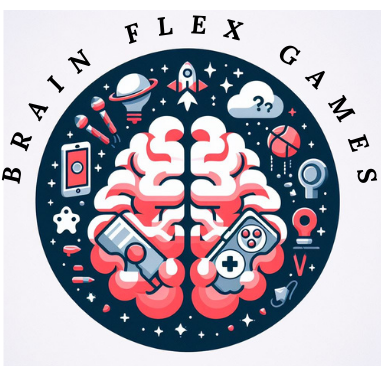I’m going to open up a fascinating world of cognitive development through the lens of language learning.
You’re going to find out about the myriad ways picking up a new language can do wonders for your brain health and cognitive functions.
Think about embracing a tool that sharpens your mind and enriches your intellectual abilities.
Acquiring a new language goes hand-in-hand with various cognitive benefits that can impact every facet of your life.
In my opinion, understanding the process of cognitive development is crucial, and through this article, you’ll see how language learning acts as a catalyst for this process.
And trust me, the benefits extend far beyond the satisfaction of conversational fluency.
Bilingualism or even multilingualism holds the key to not only a wider communication network but also significant mental health benefits.
The following sections will focus on the intricate relationship between learning a new language and the enhancement of memory, attention span, problem-solving skills, and even cultural sensitivity.
Armed with this knowledge, you can always adjust your approach to language learning down the road, ensuring you’re reaping all the cognitive rewards as you journey into new linguistic territories.
Enhancing Brain Function with Multilingualism
Have you ever found yourself impressed by someone’s ability to recall information at the drop of a hat?
That person could very well attribute their memory prowess to being multilingual.
When you learn a new language, you’re giving your memory muscles a serious workout.
Now, picture yourself trying to write a complex sentence in a new language.
What does it demand from you? Yep, that’s razor-sharp concentration. As I see it, every language lesson is like a session at the gym for your brain, focusing on the machines that govern attentiveness.
If you’re looking for a brainpower boost, studies have shown that individuals who speak more than one language have increased neural pathways.
Think of these as extra roads on a highway, helping your brain manage traffic more efficiently.
Learning a second language can actually make your grey matter denser, which in my book, is pretty wild.
After all, who wouldn’t want a brain that runs like a well-oiled machine?
Language Learning as a Cognitive Flexibility Exercise
Cognitive flexibility is the brain’s ability to adapt to new and unexpected conditions, and switching between languages is akin to a high-intensity interval workout for this skill.
In my opinion, the very challenge of hopping from one language context to another is what pumps up our adaptability muscles.
When a learner juggles multiple languages, they’re also toggling different cultures, expressions, and ways of thinking.
It’s a good way of training the brain to process information quickly and switch gears without a hitch.
On top of sharpening your mental agility, language learning fosters a deep cultural awareness.
By understanding a new language, you’re also unlocking a treasure trove of cultural nuances that can only be appreciated through intimate knowledge of the language.
That’s the strategy I like to leverage when exploring a new tongue – dive into the culture to enrich the learning experience.
Pretty wild, right? Now, don’t worry too much about stumbling at first. Your first attempt doesn’t need to be your last.
Just don’t focus too much on perfection – the goal is to grow cognitive muscles.
Unlocking Long-Term Cognitive Health with Bilingualism
Investing in your mental longevity is important. Studies have shown that those who are bilingual tend to experience a more resilient brain, often delaying the onset of cognitive decline and reducing the risk of developing neurodegenerative diseases like Alzheimer’s.
In my opinion, the world of academics is another space where multilingual individuals shine.
There’s a significant correlation between learning a new language and improvements in academic performance.
It’s like giving your brain a workout – the more challenging the exercise, the stronger and more agile it becomes.
Picking up a second language can translate into better problem-solving skills, more creativity in thinking, and even higher scores in other subjects.
So, what’s the takeaway? Choose a new language that you would like to learn, and start reaping the cognitive rewards.
Whether you’re aiming to enhance your creativity, protect your brain health, or give your academic career a boost, language learning is a powerful tool.
With no further ado, here is a list of language learning apps
- Rosetta Stone
- Duolingo
- Babbel
- Busuu
- Memrise
- Super Duolingo
- Mondly
- Fluent
I really hope that you can see the immense value in learning a new language.
It’s a journey that goes beyond mere communication – it’s a path to a sharper, healthier, and more engaged brain. So, why not start today!
